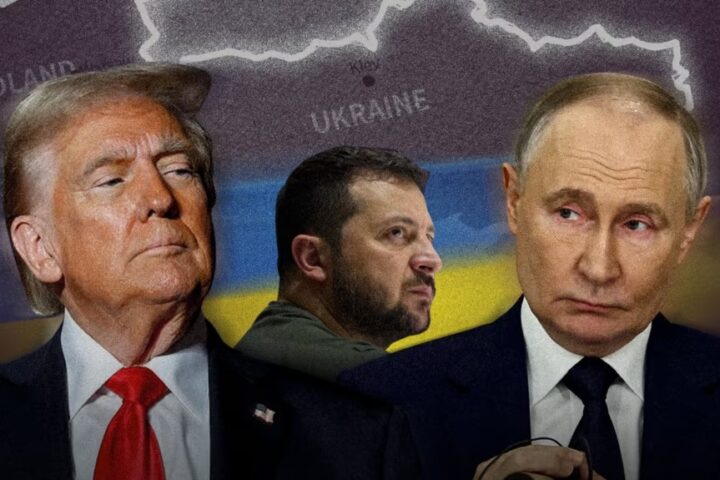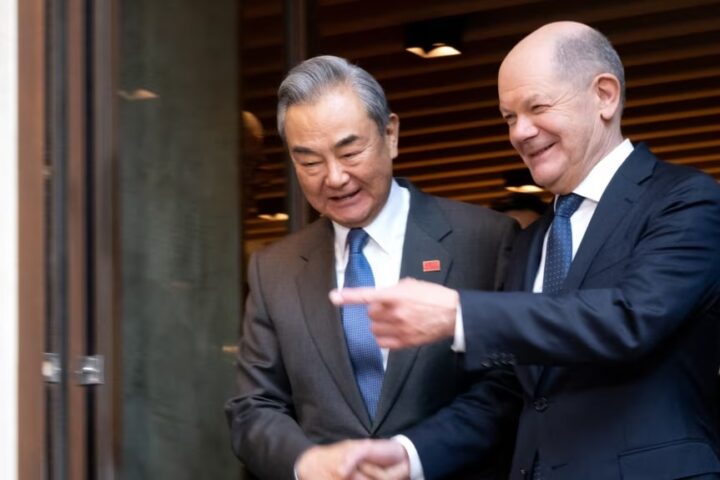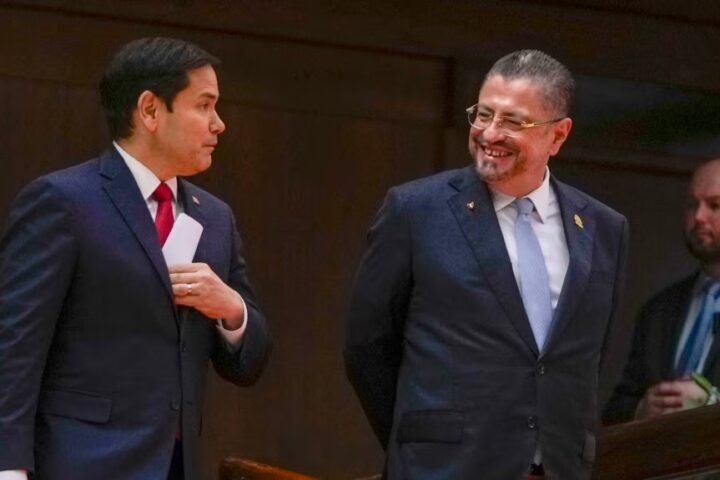Anatoly, a 37-year-old soldier from the central Russian region of Bashkortostan, signed up for the war against Ukraine in June and was sent into combat three months later.
His unit spent 2 1/2 weeks on the front lines, he says. It didn’t go well.
“All that time, we had no regular rations,” he told RFE/RL. “There was no ammunition, and we had to search for cartridges in the surrounding forest. We were promised new equipment and weaponry, but we were issued automatic rifles that had already been serviced three times. Some had crooked muzzles; others jammed at the second shot. We didn’t have any heavy weaponry at all.”
A couple weeks after being thrown into battle, Anatoly and dozens of other contract soldiers from a regional unit called the Shaimuratov Battalion renounced their contracts and requested to be sent home.
Anatoly’s story is emblematic of the logistics and morale problems that Russia has faced as it grapples with major losses in the Ukraine war, a conflict that has lasted far longer than Moscow anticipated.
Exact figures are unknown, but some Western intelligence put the number of Russians killed and wounded as high as 80,000.
To replace the losses, Russia has turned to measures such as recruiting new volunteers with cash incentives, enlisting prisoners, or offering citizenship incentives to foreign mercenaries. On September 21, President Vladimir Putin announced a mobilization of military reserves aimed at bringing in at least 300,000 additional fighters.
The manpower problems have been exacerbated by the significant number of volunteer “contract” soldiers who have broken their contracts and refused further service. At the time he ordered mobilization, Putin also announced a provision automatically extending the contracts of volunteer soldiers and making it more difficult for them to refuse to fight.
The exact number of volunteers who’ve broken their contracts is unknown, but hundreds of cases have been documented. Ruslan Leviyev, the founder of the Conflict Intelligence Team, a Russian NGO that monitors open-source information about the military, told Current Time that “the phenomenon of refusal is becoming systemic.”
“According to our estimates, from 20 to 40 percent of the contract servicemen who returned from Ukraine and who are being readied to be sent back are refusing to return to combat,” he said in April.
Media reports, open-source intelligence, and Ukrainian officials suggest the problem has only gotten worse.
‘I Didn’t Think I’d Survive’
Bashkortostan’s Shaimuratov Battalion was one of many regional volunteer units created during the summer as a way for Russia to cope with a shortage of troops. It was created in late May with the goal of signing up 800 soldiers.
Volunteers were promised an initial payment of 200,000 rubles ($3,300) for signing up and 2,000 rubles ($33) per day of service — wages that are above national averages and well above the average for Bashkortostan, which is a relatively impoverished region despite having substantial oil reserves.
Anatoly — who spoke to RFE/RL on condition that his identity be withheld — said he signed up to fight in Ukraine because he thought: “I could be useful there.” “And the money issue played a role. I thought I would pay off my debts and make a little something for my family,” he said.
Anatoly, who spoke by phone and social-media messages after his return to Bashkortostan, said 42 of his fellow soldiers submitted their written refusals on September 17 after weeks of being pounded by Ukrainian artillery and drones.
“Their artillery was so accurate that they would shell our trenches meter by meter,” Anatoly said, although he added that he didn’t experience any direct fighting with Ukrainian infantry. “We had 10 rows of trenches, and they would hit each one in order.”
“And what was the response from our side?” he said. “We called in for counterstrikes, but there was no answer…. And it was like that from the first day we arrived at our position.”
The day after the soldiers submitted their written refusals to continue fighting, a political officer — a Soviet-era practice involving an officer charged with monitoring troops’ political leanings — came to talk to the group, Anatoly says. Then they were loaded into two trucks and driven to a nearby city. “They were looking for a children’s camp…but couldn’t find it in the dark,” he said. “We had to spend the night in the forest.”
The next day they found the camp, and the men were held there for two days, Anatoly says. On September 20, they were transported to the Kherson region and put into an animal stable.
The following day — September 21, the day that Putin signed the mobilization decree — they were told they would be taken to Crimea, the Ukrainian peninsula region that Moscow annexed in 2014, in small groups since “they won’t let 40 men across the border at once.”
But after the first group had travelled just a few kilometers, the truck suddenly turned around and returned to the stable. Anatoly says there appeared to be bureaucratic confusion over how they submitted their refusals.
More officers arrived on September 23, Anatoly says, and tried to compel the soldiers to file new paperwork with that date; apparently to match the new regulations.
After a heated confrontation during which the officers purportedly “started calling us names and yelling,” the men were loaded into a truck and taken to another location, where the regional military command was located.
The men, he said, were locked in a 25-square-meter garage with “detained drunken servicemen and curfew violators.” Anatoly says he was put in solitary confinement in a shipping container for 2 1/2 days in a T-shirt and slippers.
The soldiers managed to shoot a video appeal and send it to the head of Bashkortostan and his aide in charge of mobilization, Alik Kamaletdinov. They later posted a second video to social media.
Kamaletdinov declined to comment when contacted by RFE/RL.
500 Kilograms Of Honey
Officers punished the soldiers by restricting access to toilets and cutting back food and water, Anatoly says.
On October 1, he said, a man claiming to be from Kamaletdinov’s staff appeared and presented the unit with 500 kilograms of honey as “humanitarian aid,” which the soldiers scoffed at.
A day later, Kamaletdinov himself came, apparently traveling all the way from Ufa, the capital of Bashkortostan. By then, Anatoly says, 30 soldiers had agreed to return to the front; 13 were left in the garage. “He offered to send us to different units [in Ukraine], but we all refused,” Anatoly said.
Two weeks later, he returned. “He called us dogs and said that we would be considered traitors at home. He said we’d ‘be abandoned’ and that our relatives would have ‘no life’,” Anatoly told RFE/RL. “Then he left and we didn’t see him again.”
Free To Leave
Anatoly says he was held in the garage until October 9, when he and the others were then sent to a nearby smelter and held for another nine days. On October 18, an officer gave them their documents, and said they were free to leave.
The men then made their way to Crimea, some by bus and some by hitchhiking. Anatoly says he and four others arrived back in Ufa on October 22. He says he doesn’t know what happened to the other soldiers who stayed to fight.
On October 28, Anatoly’s enlistment contract officially expired. He says he is afraid to go to his recruitment office to finalize the agreement, for fear they will detain him and send him to prison or worse — back to Ukraine.
In the end, he says, he was never given the 200,000-ruble signing bonus or most of the daily payments he was entitled to. Instead, he was paid just 34,000 rubles in total.
“It turns out I spent all those days in Ukraine for free,” he said.

















